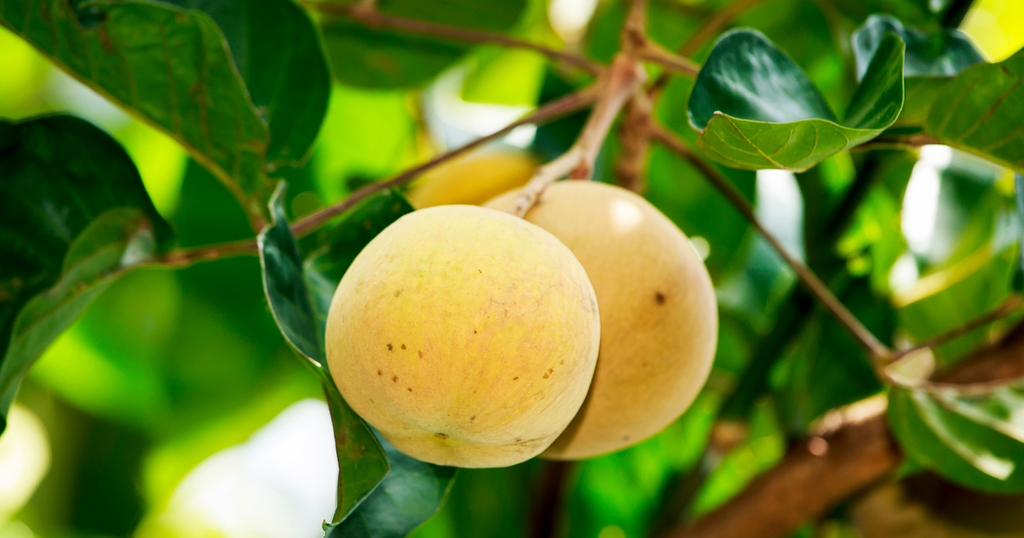Origins and Characteristics of Santol Fruit
Santol fruit, scientifically known as Sandoricum Koetjape, is native to Southeast Asia, particularly in countries like the Philippines, Thailand, and Indonesia.
It thrives in tropical climates and is commonly found in these regions. The fruit is round and about the size of a tennis ball. Its outer skin is thick and leathery, usually yellow or brown when ripe.
Once you peel back the skin, you'll find a white fleshy pulp surrounding several large seeds. The taste of santol fruit can vary from tangy to sweet, with a unique blend of flavors reminiscent of peaches, apples, and citrus fruits.
It is typically in season during the summer months.
Nutritional Profile of Santol Fruit
Santol fruit offers a range of essential nutrients that contribute to its potential health benefits.
It is a good source of vitamins, including vitamin C, vitamin A, and B vitamins like thiamin and niacin.
These vitamins play vital roles in supporting the immune system, promoting healthy skin, and maintaining overall well-being.
Additionally, santol fruit contains minerals such as potassium, calcium, and phosphorus, which are important for proper bodily functions.
Furthermore, the fruit is rich in dietary fiber, aiding in digestion and promoting a healthy gut.

Health Benefits of Santol Fruit
Beyond its delicious taste, santol fruit offers numerous health benefits. One notable aspect is its high antioxidant content. Antioxidants help protect our cells from damage caused by free radicals, which are unstable molecules that can contribute to various diseases and premature aging.
By incorporating santol fruit into your diet, you can potentially boost your body's defense against oxidative stress.
Santol fruit also exhibits anti-inflammatory properties. Chronic inflammation has been linked to several health issues, including heart disease, diabetes, and certain types of cancer.
The presence of natural compounds in santol fruit may help reduce inflammation in the body, promoting overall well-being.
Moreover, santol fruit can play a role in boosting the immune system. With its rich vitamin C content, the fruit supports the production of white blood cells and antibodies, which are crucial for fighting off infections and diseases.
Including santol fruit in your diet can contribute to a stronger immune response.

In terms of digestion and gut health, santol fruit is a valuable addition. The fruit's dietary fiber content helps regulate bowel movements, preventing constipation and promoting a healthy digestive system.
Furthermore, dietary fiber supports the growth of beneficial gut bacteria, which can enhance nutrient absorption and overall gut health.
Recent studies have also explored the potential anti-cancer properties of santol fruit. Some compounds present in the fruit exhibit anti-cancer activity in laboratory tests, showing promise in inhibiting the growth of certain cancer cells.
However, further research is needed to fully understand the fruit's potential in cancer prevention and treatment.
Culinary Uses of Santol Fruit
Apart from its health benefits, santol fruit is widely used in various culinary applications. In tropical regions, it is commonly enjoyed fresh, either on its own or with a sprinkle of salt or sugar.
The fruit's unique flavor profile makes it an excellent addition to both sweet and savory dishes.
It can be used in jams, jellies, sauces, and even desserts like pies and ice creams. In traditional cuisines, santol fruit is often included
Order Santol Now
Visit our website Ecosprout to explore a wide range of tropical fruits, including santol fruit, and harness their powerful health benefits to enhance your well-being.


